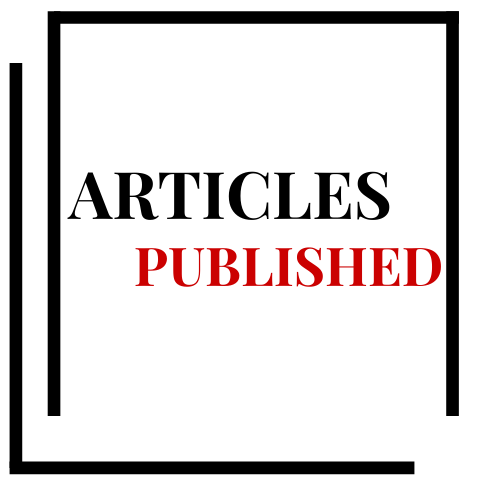Dubai's youngest inventor, an 11-year-old girl, has developed an AI-based eye disease detection app that can potentially revolutionize the field of ophthalmology. In this article, we will explore the significance of this innovation, the app's development process, and its potential impact on public health.
The Significance of the Eye Disease Detection App
The app developed by the young inventor is a significant step forward in the field of ophthalmology as it enables early detection of eye diseases. Early detection can save lives as it allows for timely treatment and preventative measures.
In many cases, eye diseases such as glaucoma, macular degeneration, and diabetic retinopathy are asymptomatic in their early stages. The disease has often progressed significantly by the time patients experience symptoms, making treatment more challenging.
The app's use of AI algorithms ensures accuracy and eliminates the need for costly and time-consuming tests. This makes it a valuable tool for early detection, particularly in countries with limited access to healthcare.
The Development of the AI-Based Eye Disease Detection App
The young inventor's visit to the ophthalmologist inspired the app's development. During her appointment, she was intrigued by the technology used to examine her eyes and asked her doctor how the machines worked. This led her to research the subject further and eventually develop the app.
The app uses AI algorithms to analyze images of the eye taken using a smartphone camera. The algorithms compare the images with a database of images of healthy and diseased eyes.
The app then identifies any abnormalities or signs of disease in the image and provides the user with a diagnosis. The app's development process involved extensive research, testing, and refinement to ensure accuracy and effectiveness.
The Impact of the Eye Disease Detection App on Public Health
The Dubai government recognized the app's development and has provided financial support to further develop the app. The government has also recognized the app's potential impact on public health and intends to introduce it to the general public.
The app's use of AI algorithms has several advantages over traditional methods of eye disease detection. Firstly, it eliminates the need for expensive and time-consuming tests. This makes it accessible to people who may not have access to healthcare facilities.
Secondly, it enables early detection, saving lives and preventing disease progression. Finally, it provides an accurate diagnosis, which reduces the risk of misdiagnosis and subsequent treatment errors.
The app's potential impact on public health is significant, particularly in developing countries with limited access to healthcare. The app's use of AI algorithms makes it a valuable tool for the early detection and treatment of eye diseases.
By providing an accurate diagnosis, the app can reduce the risk of misdiagnosis and subsequent treatment errors, which can be life-threatening.
Recognition and Future Plans
The international community has recognized the young inventor's innovation. She has been invited to speak at various technology conferences and events. She has shared her experience developing the app and inspired others to pursue innovation at a young age.
The Dubai government's financial support for the app's development is a significant step toward its introduction to the general public. The government's recognition of the app's potential impact on public health highlights the importance of technological innovation in addressing global health challenges.
Finally!
Dubai's youngest inventor has developed an AI-based eye disease detection app that has the potential to revolutionize the field of ophthalmology. The app's use of AI algorithms ensures accuracy and eliminates the need for costly and time-consuming tests. Its potential impact on public health is significant, particularly in developing countries with limited access to healthcare. The app's development highlights the potential of youngsters in public using AI.




.png)
